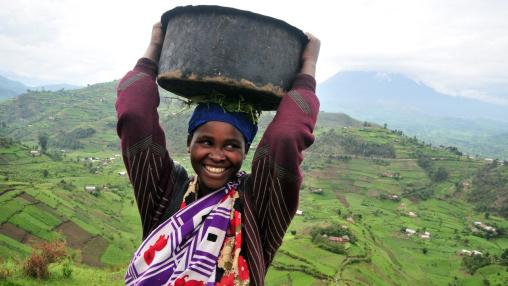
Using Policy to Drive Agrifood Transformation: Lessons from Uganda
Despite Uganda’s rapidly growing economy, as many as 34.6 million people continue to face food insecurity. More than 72 percent of the country’s population cannot afford a healthy diet, and both undernourishment and overweight/obesity among adults pose a growing challenge. To successfully confront these challenges and encourage the sustainable transformation of Uganda’s agrifood system, stronger policies and enhanced collaboration are needed, according to a recent brief from FAO.
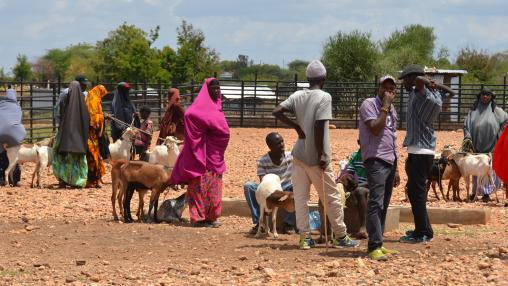
Reinforcing pastoralism in the Sahel and West Africa: A decade of progress and the path forward
Pastoralism has long been a hallmark of the cultural, social, and economic landscapes of the Sahel and West Africa, sustaining the livelihoods of over 20 million people. This age-old practice contributes nearly 15% to the GDP of Sahelian countries, serving not only as an economic mainstay but also fostering peace and resilience within communities. However, the sustainability of pastoralism is increasingly threatened by various external pressures, making robust global support essential to help the region adapt to the changing conditions.
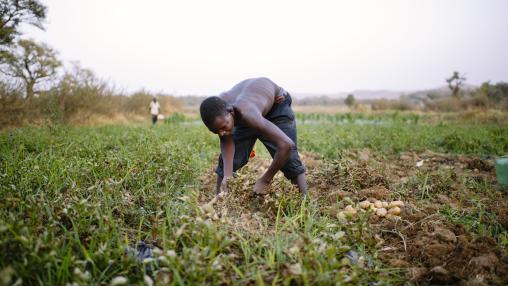
Challenges Remain for Trade Integration in West Africa
Since its establishment in 1975, the Economic Community of West African States (ECOWAS) has been a regional economic community (REC) success story, enabling free movement of people and enhancing trade integration across its 15 member states. When it comes to the movement of agricultural goods, however, ECOWAS continues to be hampered by regional conflict, political instability, corruption, poor infrastructure and logistical capabilities, and the lack of a common regional currency.
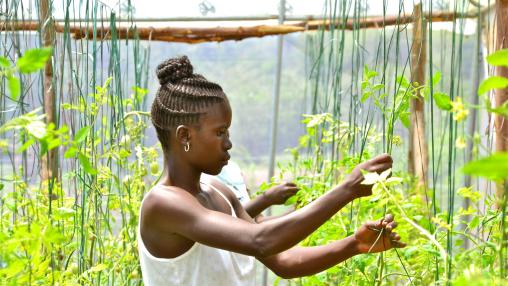
Youth "Agripreneurship" Can Drive Higher Incomes, Improved Food Security
As many as 440 million youths (defined as people under the age of 30) are expected to join Africa’s labor market by 2030. If the labor market cannot support this enormous population with adequate employment and livelihood opportunities, it poses serious threats to the region’s stability, economic development, and food security.
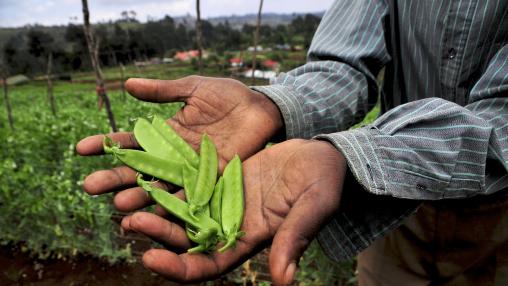
Leveraging the Potential of Ghana's Food System
Malnutrition—including undernutrition, micronutrient deficiencies, overweight, obesity, and diet-related non-communicable diseases (NCDs)—poses a staggering challenge to health, food security, and economic growth outcomes around the world. In Ghana, an estimated 256.1 million people experienced hunger and 240 million were undernourished in 2018. At the same time, rates of obesity and diet-related NCDs in the country have risen significantly—from just 10 percent of Ghanaian adults in 1993 to 40 percent in 2015.
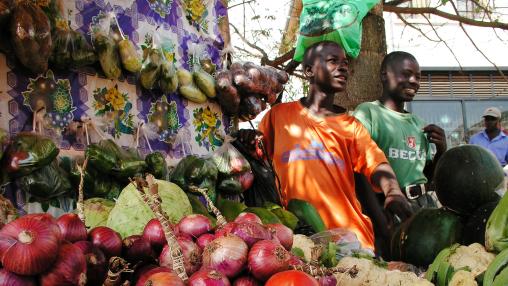
Political Commitment to Improved Nutrition Grows in Africa But Significant Challenges Remain: 2024 GFPR Released
The transformation of African food systems to support healthy, sustainable diets presents a significant challenge, according to the 2024 Global Food Policy Report released in May. Cereal production remains the key driver of the region’s domestic food systems, while more nutrient-dense foods like fruits, vegetables, pulses, meat, and dairy remain unaffordable for much of the region’s population. Africa also faces a double burden of malnutrition, with both undernutrition and overnutrition (overweight/obesity) rates increasing.
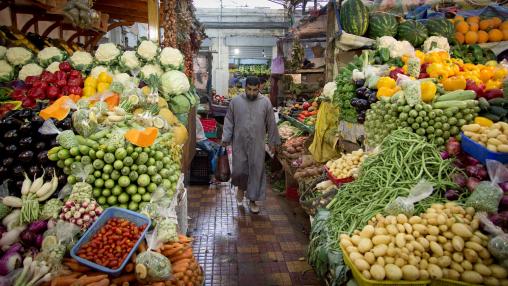
Transforming African Agriculture through Inclusive Agricultural Value Chain Development
Africa’s agricultural sector has the potential to drive important economic growth and development in the region. Agriculture accounts for 16 percent of Africa’s annual GDP and employs over half of its labor force, particularly youth and women workers. Despite the sector’s vast potential, however, African agriculture remains hampered by low resource productivity and little or no value addition; shocks like climate change, ongoing regional and local conflict, and supply and market disruptions resulting from the COVID-19 pandemic and global conflicts have only exacerbated these challenges.
Policy-Led Agricultural Transformation: The Past, Present and Future of the Comprehensive Africa Agriculture Development Programme (CAADP)
Join us for an Agrilinks Policy Month webinar in collaboration with the African Union Commission (AUC), the African Union Development Agency (AUDA), and USAID, as we delve into a crucial discussion on the role of the Comprehensive Africa Agriculture Development Programme (CAADP) within the framework of USAID’s Feed the Future (FTF) strategy. This event holds particular significance as we approach the culmination of the Malabo Declaration in two years—a pivotal moment for reflecting on achievements and setting priorities for the post-Malabo Agenda until 2025.
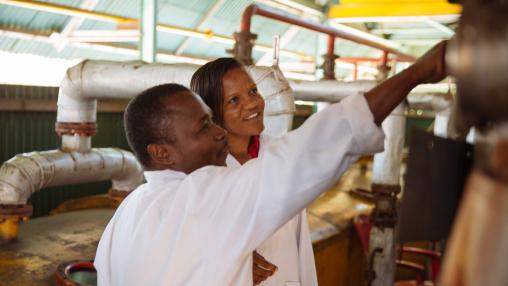
Food System Transformation Will Take Strong Coordination and Political Will, Says 2023 Africa Agriculture Status Report
Food systems in Africa have the potential to drive dramatic economic, food security, and environmental transformation in the coming decades, according to the 2023 Africa Agriculture Status Report (AASR). Realizing this potential, however, will require significant political will and investment, from both the public and the private sectors, in infrastructure, open trade, research and development, technological innovation, and enhanced education and opportunities for Africa’s rapidly expanding young population.
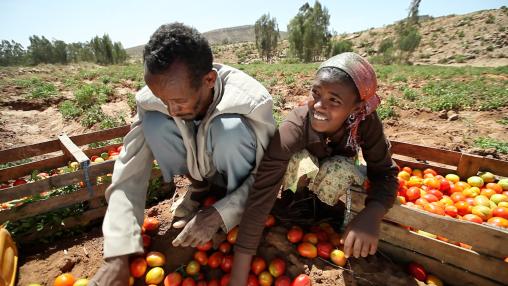
The Hidden Middle: How SMEs Are Driving Value Chain Transformation in SSA
Debate around how to increase production and consumption of nutrient-dense foods like fruits and vegetables and animal products in Africa south of the Sahara has long centered on overcoming constraints such as high cost. According to a new IFPRI working paper, however, this focus may ignore how grassroots efforts, particularly among small and medium-sized enterprises (SMEs) and midstream value chain actors, are in fact driving substantial growth in both supply of and demand for these more nutritious foods.